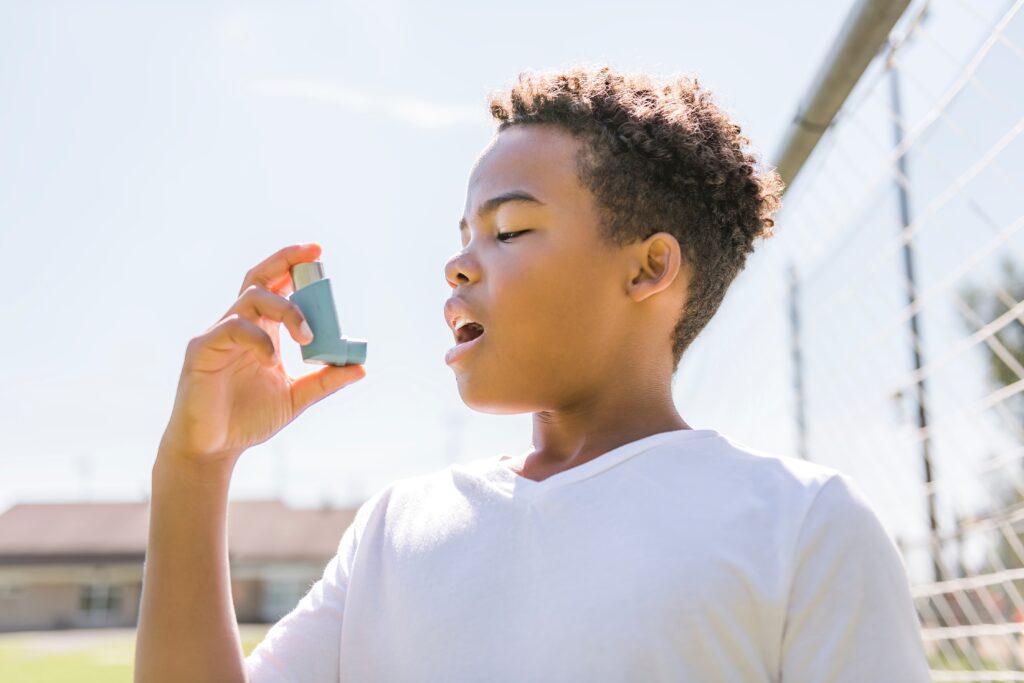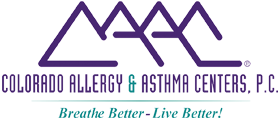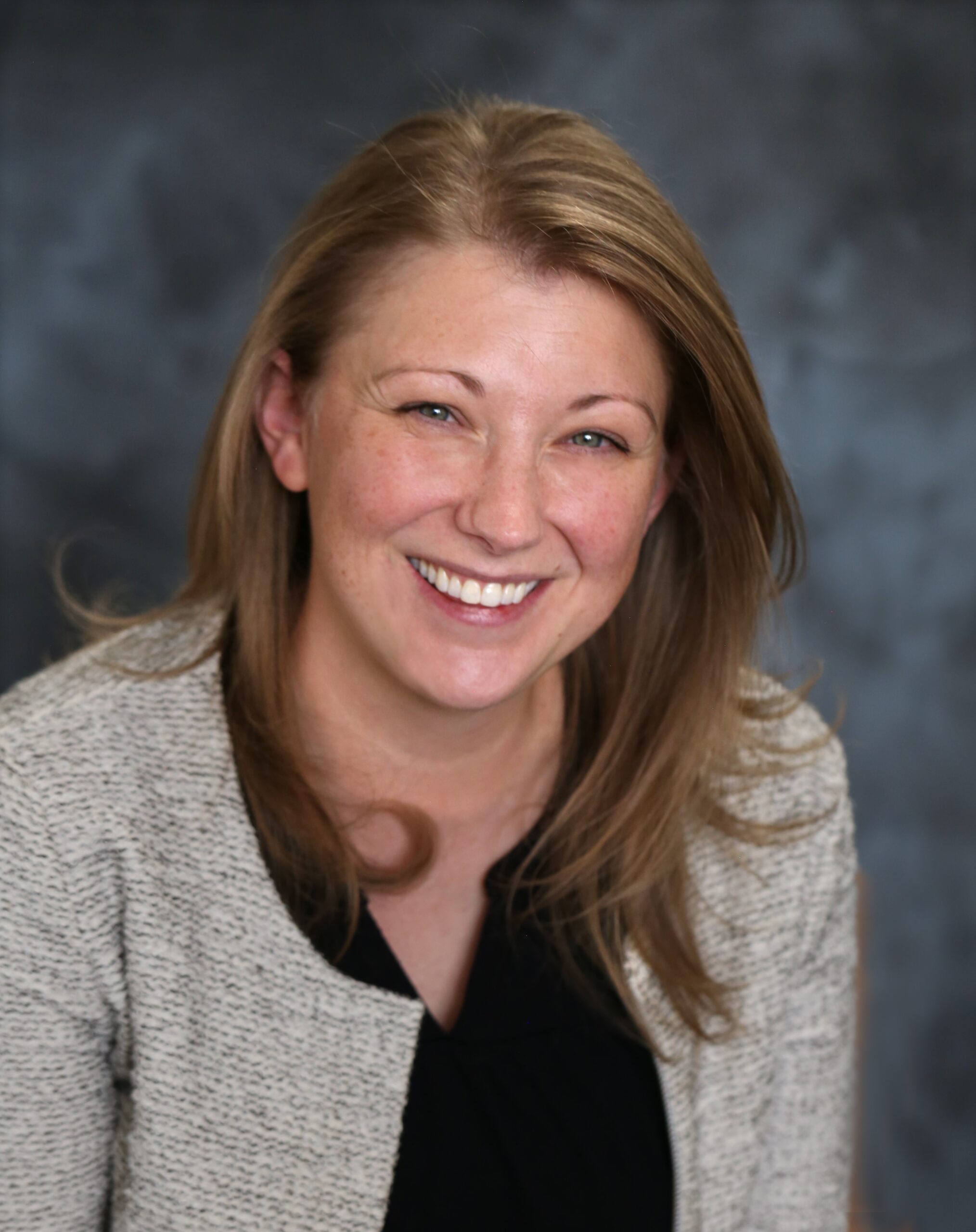Back to School Edition
School is back in full swing, and we are headed into the colder months of the year, referred as “flu season”. September is known as the “Asthma Peak Month” as there are more asthma exacerbations (flare of asthma symptoms) and emergency department visits for asthma this month over any other month. This can be attributed to ragweed pollen peaking, cold and flu season starting, and children going back to school. So, let’s talk about what can be done to help you and your child have an exacerbation-free season!
My child has asthma, how can I prevent an exacerbation?
Even though asthma is controllable, it is estimated that 50% of children with asthma have uncontrolled asthma. There are often predictors that help identify a child’s asthma as uncontrolled.
- Nighttime or early morning cough
- Increased need for albuterol (rescue inhaler)
- Cough with emotions such as laughing or crying
- Cough or wheeze with exercise (think playground and PE class)

If these symptoms are present, contact your allergy provider for guidance as these symptoms can precede an asthma exacerbation. Try to identify triggers for your child, common triggers include:
- Environmental allergies like ragweed or pet dander
- Strong odors like smoke or cleaning products
- Exercise
- lllness
- Less known triggers may include gastroesophageal reflux and sinus infections
If triggers are identified, an individual asthma action plan can be developed, and avoidance measures can be implemented where appropriate.
- One of the most important things you can do to manage asthma symptoms is use all allergy and asthma medications consistently as prescribed by your provider.
How do I prepare my child’s school for their asthma?
It is highly recommended to schedule an asthma visit prior to the start of school where symptoms and spirometry (lung function) can be assessed, and a current asthma action plan can be developed. An asthma action plan clearly describes what specific triggers to be aware of for your child, symptoms to monitor for, and what interventions to take should symptoms occur while at school. All appropriate therapies should be ready for use at the school.
Wishing everyone a healthy school year!
Category: Uncategorized



